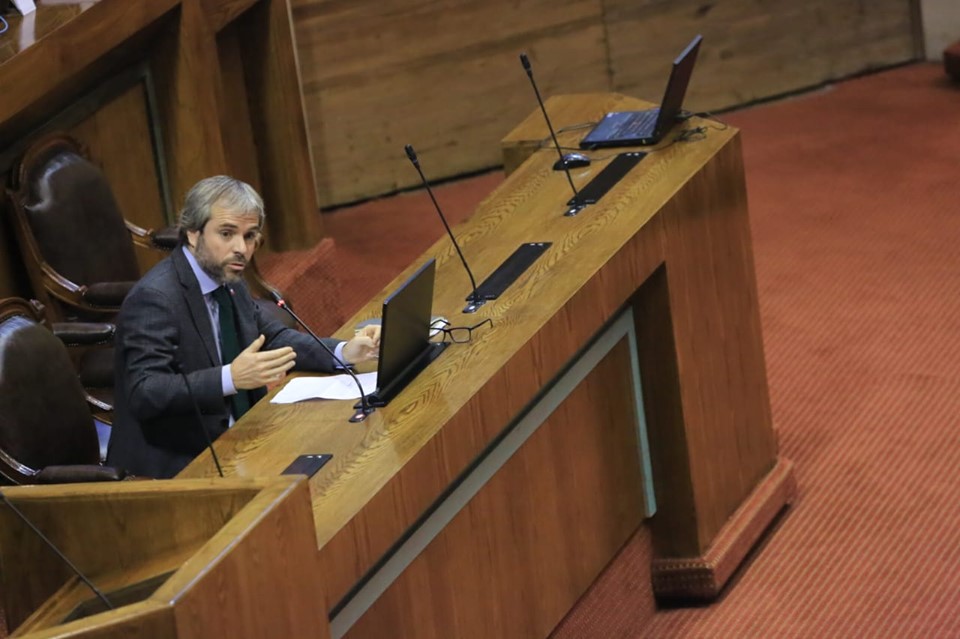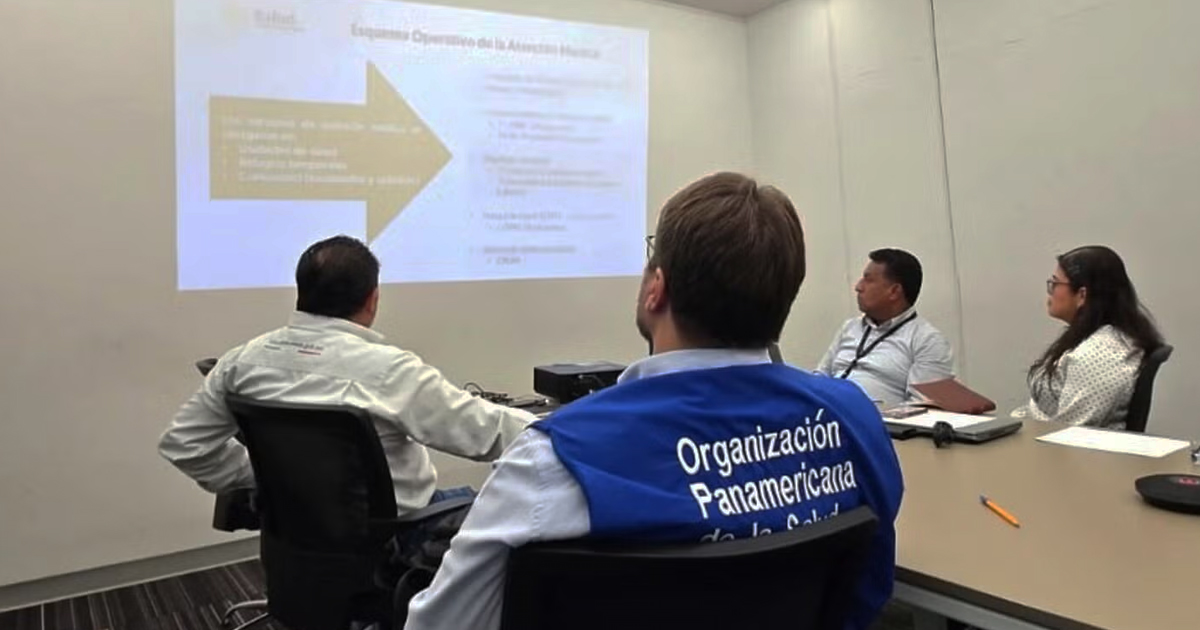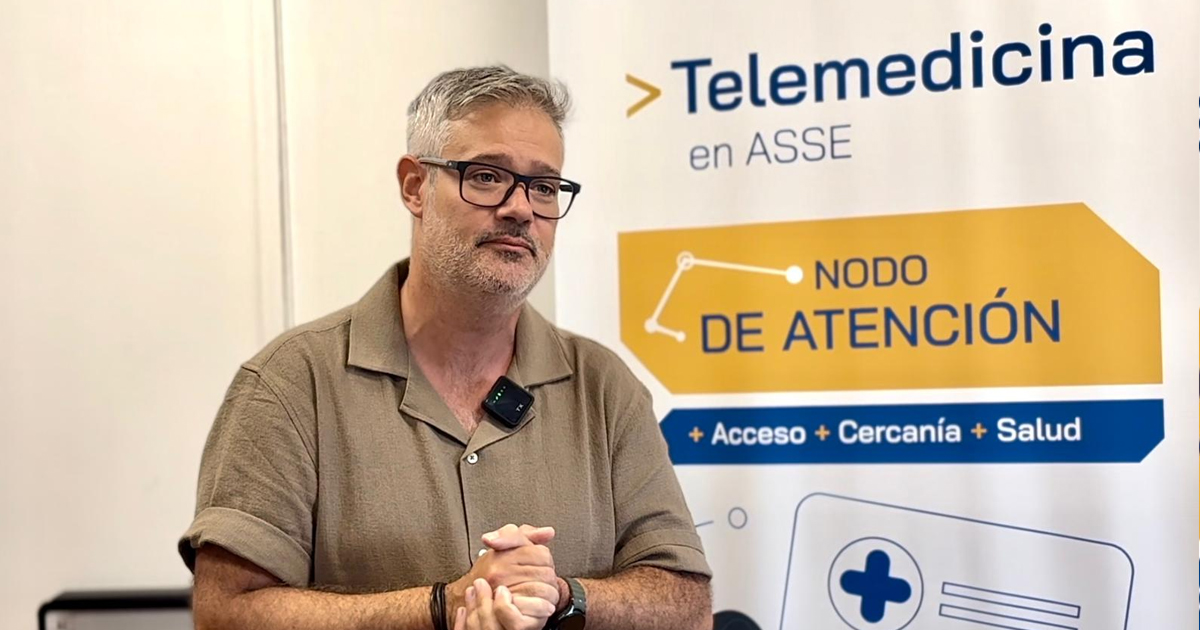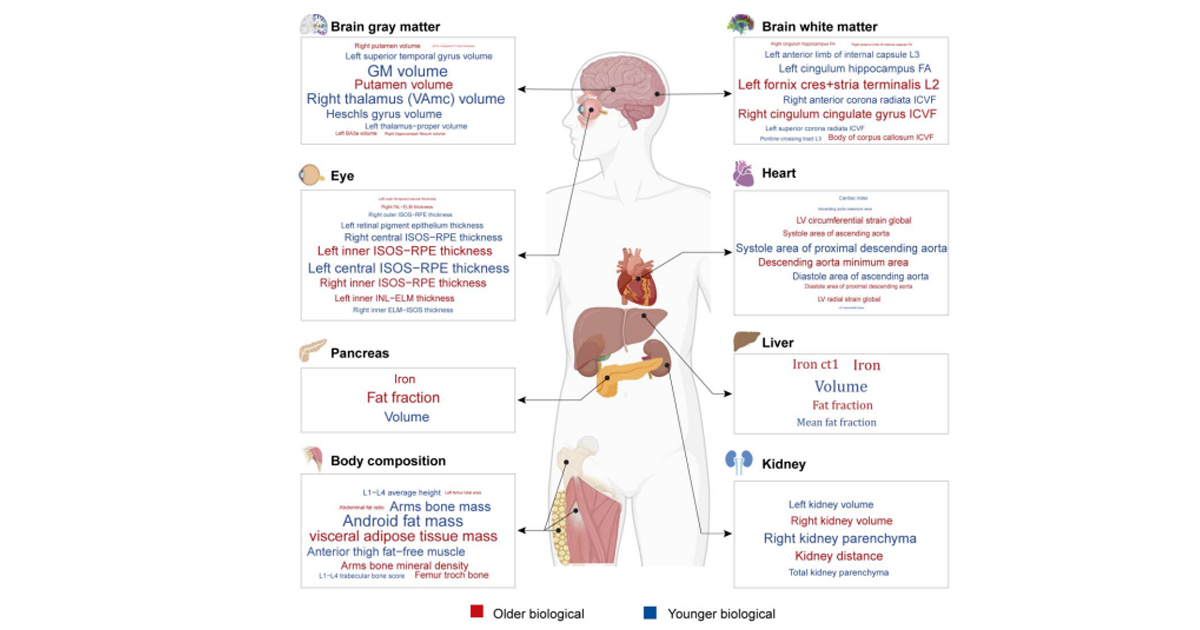Se crea un espacio que trabajará para promover mayor competencia en torno a los nuevos software que brinden una mayor eficacia a la salud digital que se emplea en los sistemas de salud de Colombia con aras a una mejora social y económica.
Con el objetivo de posicionarse como el líder latinoamericano en estudios y políticas públicas relacionadas con las tecnologías 4.0, el gobierno colombiano ha inaugurado el Centro para la Cuarta Revolución Industrial con sede en la ciudad de Medellín.
El evento de apertura oficial del Centro repercutió en todo el país y contó con la presencia del presidente de la República Iván Duque y Murat Sönmez, miembro del Consejo Directivo del Foro Económico Mundial y el director del Centro para la Cuarta Revolución Industrial (C4IR).
La construcción de este recinto para las nuevas tecnologías se decretó en el pasado Foro Económico Mundial, cumbre en la que se escogió a Medellín como la primera ciudad latinoamericana que contaría con el prestigio. Otras ciudades que ya cuentan con un centro similar son China, India y Japón, todos bajo la misma Global Network whose headquarters are located in San Francisco.
La intención promete la preparación de jóvenes que puedan postularse a empleos en la rama tecnológica y prometer mejores salarios y crecimiento laboral. Los objetivos del Centro tendrán siempre en la mira principal el beneficio social y la maximización del rendimiento económico gracias a las nuevas tecnologías. Todo esto obedece a la misma definición que Klaus Schwab, fundador del Foro Económico Mundial, dio sobre la Cuarta Transformación Industrial: “la combinación de sistemas digitales, físicos y biológicos en pro de la transformación de la humanidad.”
La implementación de tecnologías 4.0 será sólo el inicio en la capital antioqueña, ya que el mismo alcalde de Medellín, Federico Gutiérrez, promete crear políticas encaminadas a prevenir y regular el impacto del desarrollo acelerado de la tecnología global.
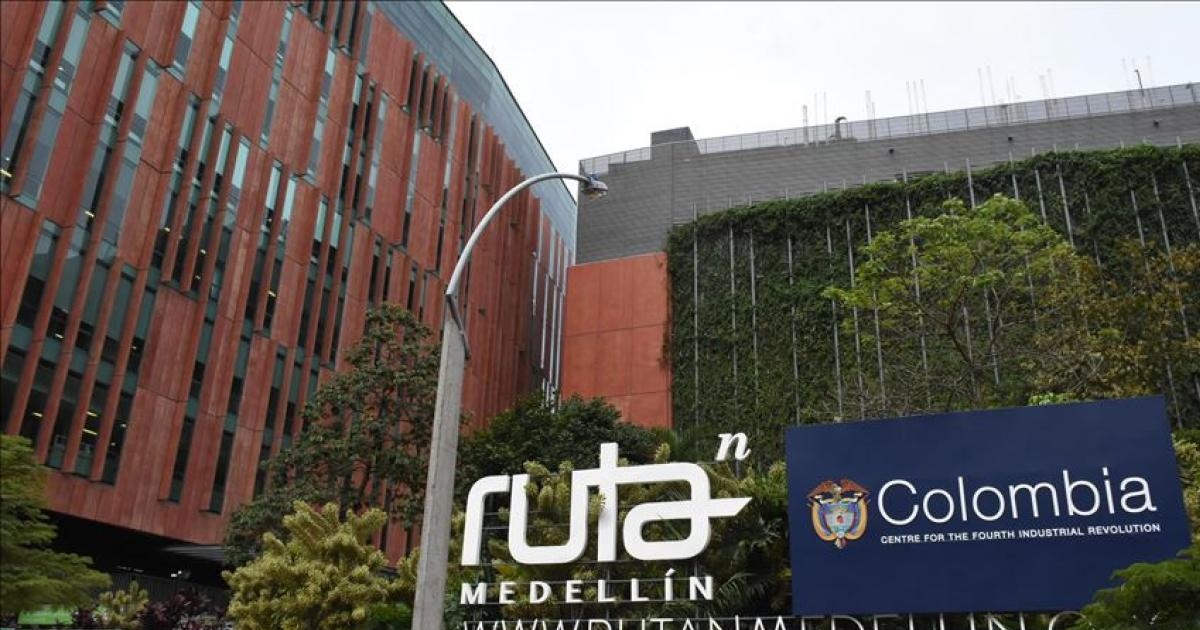
Para un esfuerzo de tal magnitud las autoridades colombianas entienden que se deberá lograr una alianza con el sector privado. Algunas de las actividades económicas más prolíferas en las que podría impactar este nuevo rumbo hacia la Cuarta Transformación incluyen la agricultura, químicos, textil, transporte, seguridad y vigilancia. Estos esfuerzos también llevarán al Estado a mejorar los procesos del sector público y la relación entre el gobierno y el ciudadano.
Por su parte el Ministro de Industria y Turismo, José Manuel Restrepo, ha esclarecido de inicio el organigrama diseñado para el nuevo centro tecnológico resaltando que “habrá tres personas en cabeza de cada proyecto: el que maneja los temas de inteligencia artificial y el internet de las cosas. Ellos pueden vincular a actores de la academia o del sector público que podrán participar en esos proyectos”.
Beyond the innovative and technological part, the creation of this Center by the World Economic Forum seeks human development. It’s understood as a platform for ethical and social debate from which national and international policies that benefit people can arise. It is expected that new specializations such as the internet of things and artificial intelligence itself will propel Colombia as a continental reference in advanced public policy issues and digital social service.
Se espera que, con el paso del tiempo y la continuidad, este proyecto dé frutos para la creación de políticas públicas rigurosas basándose en la regulación de las implicaciones éticas en el uso de las nuevas tecnologías con el objetivo de crear entornos de trabajo adaptables y dinámicos con la cooperación del gobierno y las empresas.


